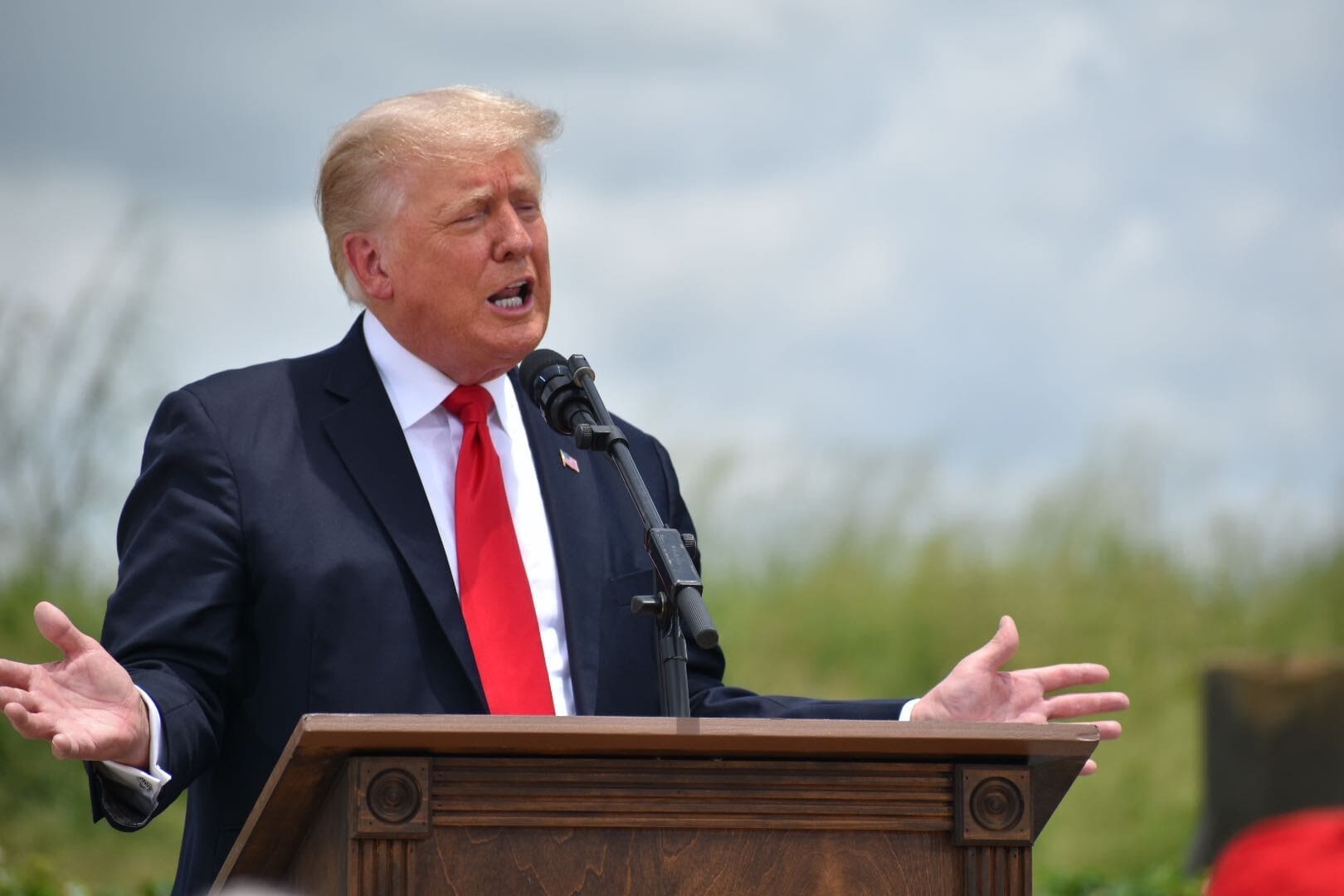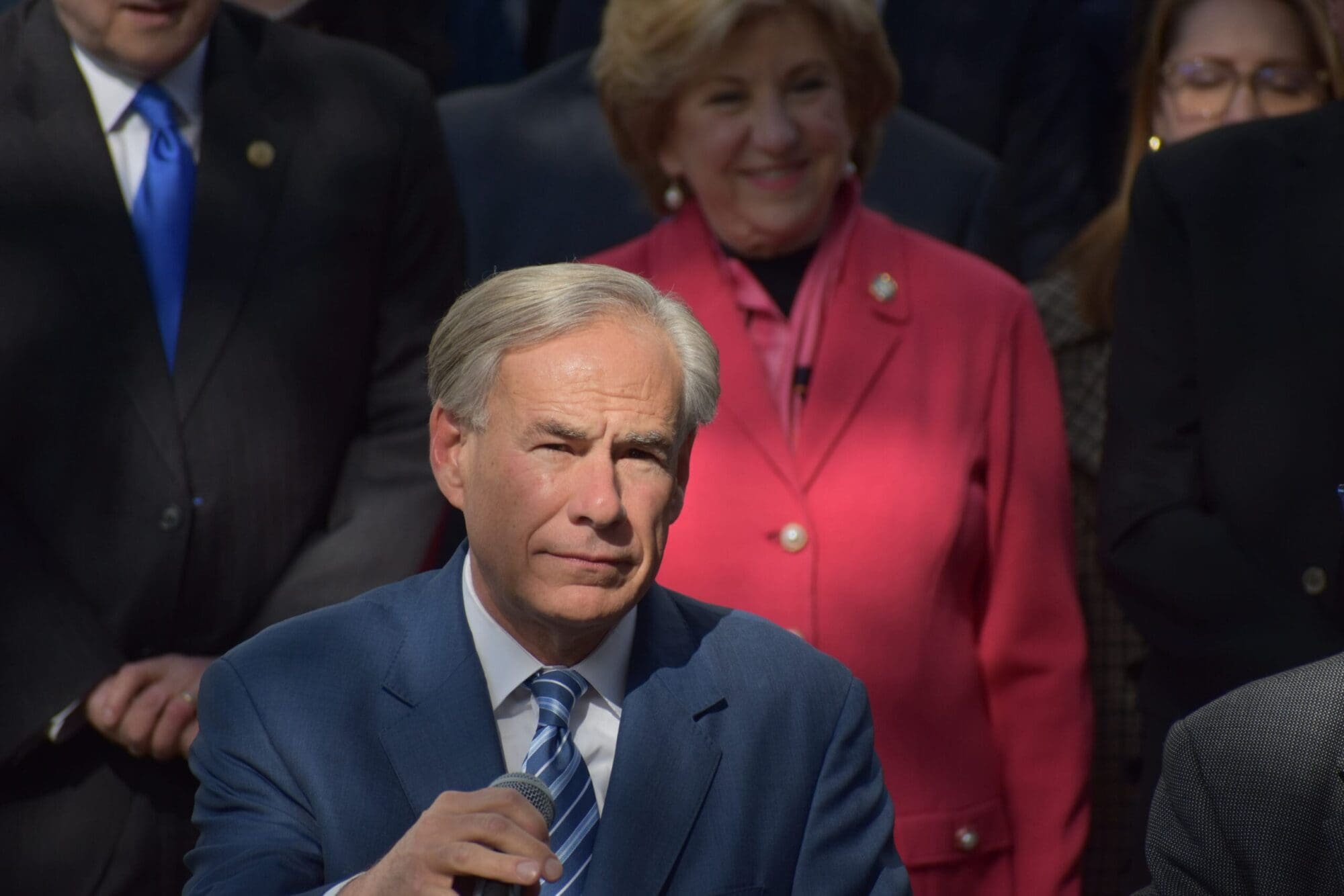Nearly a month out from the end of the 140-day 87th Legislative Session, several bills have been passed out of each legislative chamber. As such, here is a summary of where different legislative priorities stand in the legislative process.
Abbott’s “Emergency” Priorities
In early February, Gov. Greg Abbott initially announced his “emergency” legislative priorities during his State of the State address. In the wake of February’s severe winter weather, he added to that list. His priorities include broadband expansion, punishment for local governments that defund police, bail reform, election integrity, COVID-19 business liability protections, Electric Reliability Council of Texas (ERCOT) reform, and the “winterization” of energy generation facilities.
Thus far, all of Abbott’s priorities have passed the Senate in some form. In the House, only a portion of them have made it through, including the House’s version of broadband expansion, ERCOT reform, and the “winterization” of power generation facilities.
Patrick’s Legislative Priorities
Of the 31 legislative priorities announced by Lt. Gov. Dan Patrick in February, 26 of them have been passed out of the upper chamber to be considered by the House of Representatives. The few that have not are either in the process of being brought up or have already been signaled to have been declared dead this legislative session.
One such bill is the Senate Redistricting Act, which will likely be considered in a special session due to a delay in procuring the needed data.
The Senate was quick to move on things like their version of the omnibus election integrity bill by State Sen. Bryan Hughes (R–Mineola), which passed out of the Senate on April 1. While the bill has been referred to the House Elections Committee, it has thus far not received a hearing. The Senate also quickly moved on priorities like the heartbeat bill, which passed the Senate on March 30 and passed the House Public Health Committee on April 26. The Senate also passed a bill related to free speech protections on social media platforms and the Star-Spangled Banner Protection Act.
Phelan’s Legislative Priorities
Compared to previous legislative sessions, it is unclear which bills the speaker’s office considers to be legislative priorities. Historically, low-numbered House bills are reserved for such priorities, as well as the publicly announced House approach to the February winter storm issues, Phelan’s healthcare priorities (“Healthy Families, Healthy Texas”), and his criminal justice reform priorities (“Smarter Justice, Safer Texas”).
The House was quick to move on Phelan’s priorities with relation to ERCOT and PUC reforms in the wake of the severe winter weather in February. They have since somewhat efficiently shepherded several of his healthcare and criminal justice reform priorities through. Notably, his priority called the Pandemic Response Act was heard in the House State Affairs Committee in early March but was left pending after an outcry from activists who took issue with provisions in the bill that perpetuated Gov. Abbott’s disputed authorities in a declared disaster (such as the actions he took over the last year in response to COVID-19).
The House has also been slower in progressing its version of the omnibus election integrity bill. Though it passed out of the House Elections Committee in early April, it has thus far not been deliberated in the House Calendars Committee. It is assumed the bill will ultimately make it to the floor before time runs out.
Partisan Priorities
Last year, the Republican Party of Texas announced its legislative priorities, which include election integrity, religious freedom, children and gender modification, abolition of abortion, constitutional carry, monument protection, school choice for all, and a ban on taxpayer-funded lobbying. The chairman of the Republican Party of Texas added his own priority related to reforming executive power for the governor and local governments shortly after the state party convention. Thus far this session, the priorities have had varying degrees of success in both chambers.
So far, the Senate has passed out an omnibus election integrity bill and other smaller election integrity bills, a few religious freedom bills, several abortion-related bills, a bill related to taxpayer-funded lobbying at the local level, and bills related to reforming executive powers.
The House has thus far passed out a bill related to religious freedom, constitutional carry, and a smaller bill related to election integrity.
Bills relating to monument protection have had hearings in both chambers but have not yet been considered by either body collectively. No bills related to school choice have received any hearings in any chamber. Different bills related to gender modification have moved through each chamber, with the Senate voting on one and the House Public Health Committee voting on and passing another.
Upcoming Deadlines
With only 31 days left in the 140-day legislative session, lawmakers in the House are frantically running into several self-imposed deadlines. The last day for House committees to vote out House bills or House joint resolutions is May 10, merely 11 days away. The last day for the overall House to consider House bills and House joint resolutions on the floor for second reading is May 13, 14 days away.
The House Calendars Committee is well within the 30 days they have allotted to take no action on any bill, thus making another avenue for bills to die in the legislative process.
What It All Means
With deadlines closing in and priorities still outstanding for legislative leadership in each chamber, expect the next few weeks to be full of public and private negotiations as lawmakers attempt to craft their prospects for legislative successes moving into campaign season. This takes many forms, including trading votes or withholding points of order on bills when they are being deliberated. This is the phase of the legislative session where almost anything can happen.
To see an exhaustive list of all priorities for Gov. Abbott, Lt. Gov. Dan Patrick, Speaker Phelan, and the Republican Party of Texas, click here.
You can also follow along with our Priorities Tracker here.





